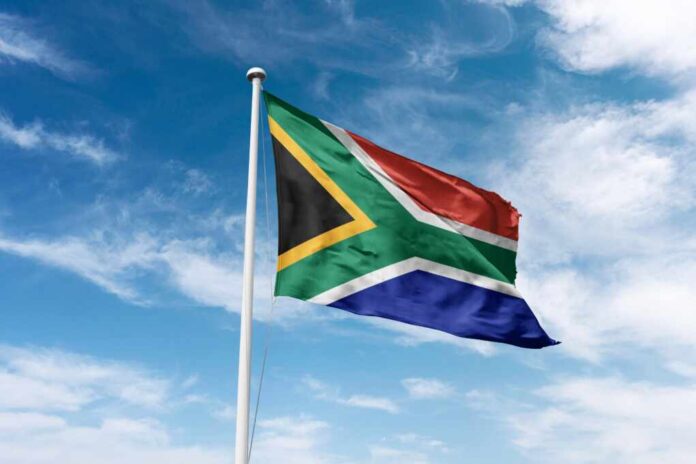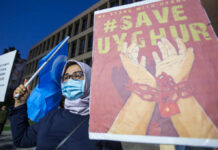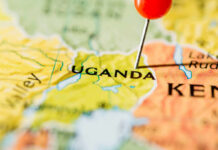
A mass circumcision ceremony in South Africa has resulted in the tragic deaths of 39 boys, highlighting the ongoing struggle between cultural traditions and public safety.
Story Highlights
- 39 boys have died and dozens have been mutilated due to botched circumcisions in South Africa.
- Illegal initiation schools remain a significant threat despite government efforts to regulate the practice.
- The tension between preserving cultural traditions and ensuring public health continues.
- The government faces challenges in enforcing new regulations and eliminating illegal practices.
Fatal Outcomes in Traditional Rituals
In South Africa, the traditional initiation ceremony known as Ulwaluko has led to the deaths of 39 teenage boys and left many others with severe injuries. This tragic event underscores the persistent danger associated with these cultural practices, often conducted by untrained individuals using non-sterile instruments. Despite efforts by the South African government to regulate these rituals, illegal initiation schools continue to operate, accounting for a majority of the fatalities.
Mass circumcision ‘initiation ceremony’ kills 39 boys, mutilates dozens in Africa https://t.co/TUjc6S41NK pic.twitter.com/wrqYjce1wI
— New York Post (@nypost) July 31, 2025
Over the past five years, a staggering 361 boys have lost their lives during these biannual initiation seasons. In 2024 alone, 93 boys died and 11 suffered penile amputations due to complications from the procedures. While the number of deaths in 2025 represents a reduction, the figures remain alarmingly high, raising questions about the effectiveness of current regulatory measures.
Watch: 39 Boys Dead: The Shocking Truth Behind South Africa’s Botched Circumcision Ritual!
Cultural Significance and Public Health Crisis
Ulwaluko is a centuries-old rite of passage among certain South African communities, marking the transition from boyhood to manhood. The ritual is deeply embedded in cultural traditions and involves seclusion, education on manhood, and circumcision. Despite the cultural importance, the ceremonies are fraught with risks, particularly when conducted by illegal and unregulated initiation schools. These schools often target boys as young as 12, exploiting societal pressure and the desire for social acceptance.
The South African government, through the Department of Cooperative Governance & Traditional Affairs, has made attempts to mitigate the risks associated with these ceremonies. However, the clandestine nature of illegal schools and the lack of enforcement have hampered these efforts. As a result, the government is caught in a difficult position, trying to balance cultural preservation with the imperative to protect public health.
Regulatory Challenges and Safety Concerns
The Customary Initiation Act was enacted to address the crisis, requiring the registration and qualification of all traditional surgeons. The government has empowered police forces to close down illegal schools and arrest operators. Despite these measures, illegal schools continue to thrive, driven by financial motivations and a disregard for safety and legality.
Traditional leaders, who play a crucial role in upholding these rituals, face mounting pressure to modernize and ensure safety. While some leaders advocate for preserving these cultural practices with enhanced safety protocols, others call for more radical reforms or even a moratorium on initiation schools until safety can be guaranteed. This debate highlights the complex power dynamics and the challenges of enforcing new regulations in deeply traditional societies.

























